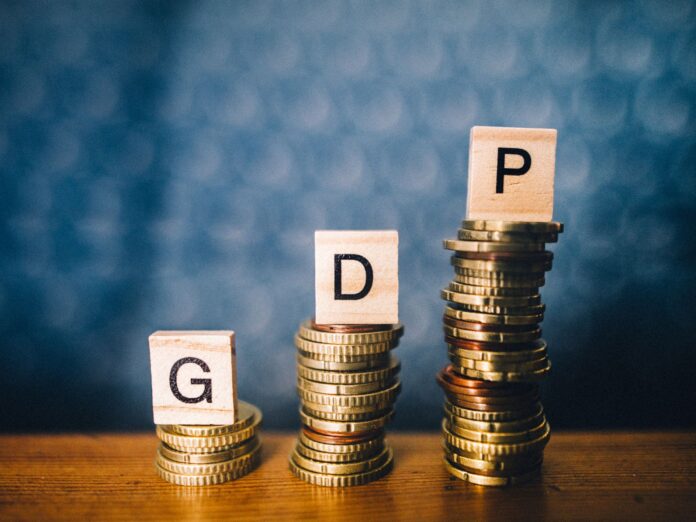Pakistan’s economy is gradually recovering from the downturn of 2022-23, with GDP growth projected at 3.4% for FY25 on the back of a $7 billion Extended Fund Facility (EFF) by the International Monetary Fund (IMF), according to the World Economic Situation and Prospects 2025 report by the United Nations Department of Economic and Social Affairs (DESA).
The report underscores the role of the IMF’s loan program in stabilising the economy. “In Pakistan, Bangladesh, Papua New Guinea, and Sri Lanka, fiscal adjustment is implemented as part of IMF-supported programmes,” it said.
“Modest expansion in economic activity is projected for Pakistan and Sri Lanka, with GDP expected to increase by 3.4% and 4.0%, respectively, as both economies continue to recover from the downturn during the period 2022–2023.”
The UN survey projects robust economic growth across South Asia, with regional GDP expected to expand by 5.7% in 2025 and 6.0% in 2026. This recovery is supported by strong performance in India and improvements in Bhutan, Nepal, Pakistan, and Sri Lanka.
Despite positive projections, the survey warns of risks, including geopolitical tensions, slowing external demand, debt challenges, and social unrest. Additionally, climate vulnerabilities, such as extreme weather events, remain a major threat to the region.
Inflation in South Asia is expected to decline, with regional rates projected to fall from 9.9% in 2024 to 8.3% in 2025 and 7.2% in 2026. Pakistan’s central bank, like its Sri Lankan counterpart, has already reduced its policy rate to support economic recovery.
The report highlights that South Asia experienced significant climate shocks in 2024, with heatwaves, droughts, and erratic rainfall impacting crop yields and driving up food prices. In Pakistan and other affected countries, these conditions disproportionately hurt rural households, exacerbating income inequality.
Interest payments remain a concern for countries with high debt burdens, such as Pakistan, Sri Lanka, and the Maldives, with rates rising sharply post-pandemic. The UN report urges continued structural reforms and targeted efforts to address climate resilience to foster sustainable growth in Pakistan and the region.




